Seven grams of protein and 85 calories is not the only benefit you reap from chicken eggs. You also get antioxidants, healthy fats, and amino acids. The York also contains choline, a fat-fighting nutrient. Contrary to what you may have heard, the cholesterol in eggs will not make you fat. Other benefits of eating two eggs a day based on recent studies include:
1. Eggs are a brain food
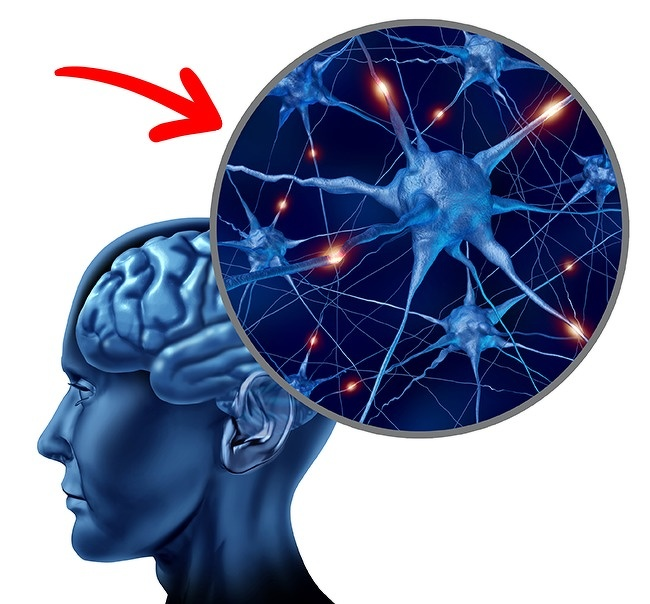
The American Journal of Clinical Nutrition found that men who had one egg a day performed better in cognitive tests than those who didn’t. Harvard Health confirms this by describing eggs as brain food that protects the brain from decline as you age. Mom’s are also encouraged to give babies one egg a day to boost their brain development and function. Choline from the eggs also provides the babies with required nutrients for memory and muscle control.
2. Eggs improve vision and preserve sight
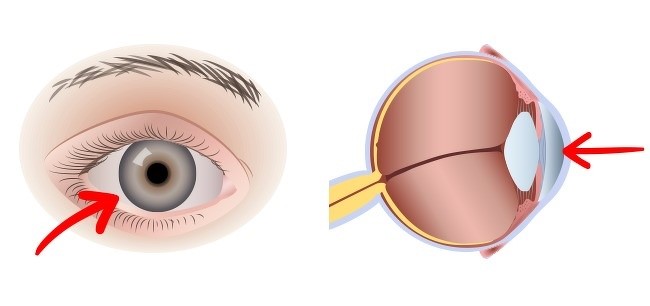
According to research, eggs contain Lutein, a carotenoid essential for skin and eye health. Lutein protects you against cataracts, age-related muscular degeneration (AMD) and lowers the risk of heart disease and some forms of cancer.
3. Eggs help the body absorb calcium

The Vitamin D in eggs is great for your teeth and bones. It not only strengthens them but also helps the body better absorb calcium. It also strengthens teeth and bones. One large egg contains 50 IU vitamin D3 with high concentrations found in the yolk. However, scientists can now increase this concentration. They safely feed the chicken feeds enriched with Vitamin D3. They obtained over 160 times higher vitamin D concentration without affecting the egg quality or taste.
4. Eat eggs to protect your skin, liver, and hair.

Eggs contain vitamin B necessary for healthy hair and protecting the skin from hyperpigmentation, angular stomatitis, and vitiligo. It also contains Phospholipids needed to prevent liver disease and boost the immune system.
5. Eat eggs to reduce the risk of cardiovascular disease
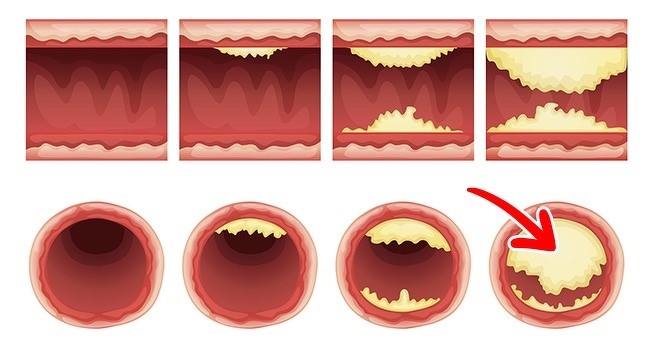
Studies have shown that phospholipids contained in eggs regulate the body’s cholesterol absorption and inflammation. Another study by the University of Eastern Finland showed that eating one egg a day does not cause coronary heart disease. Their findings found that frequent egg consumption does not increase your risk of getting cardiovascular diseases either.
6. Egg consumption leads to weight loss

Studies have found that eating eggs for breakfast, leads to a smaller intake of lunch. One feels fuller compared to those who eat breakfast rich in carbohydrates. As part of a calorie-controlled diet, an egg-based breakfast enhances weight loss. Eggs also contain essential amino acids the body requires for metabolism and maintenance. A high protein diet boosts metabolism and helps you burn more calories.
7. Eggs reduce the risk of cancer

Eggs contain choline, an essential nutrient associated with reducing 24% of breast cancer. In another study, women who consumed fruits, eggs, and vegetables reduced their chances of breast cancer. Women who ate at least six eggs a week had a 44% lower risk than those who consumed 2 or less in a week.
8. Eggs are necessary for fertility and pregnant women
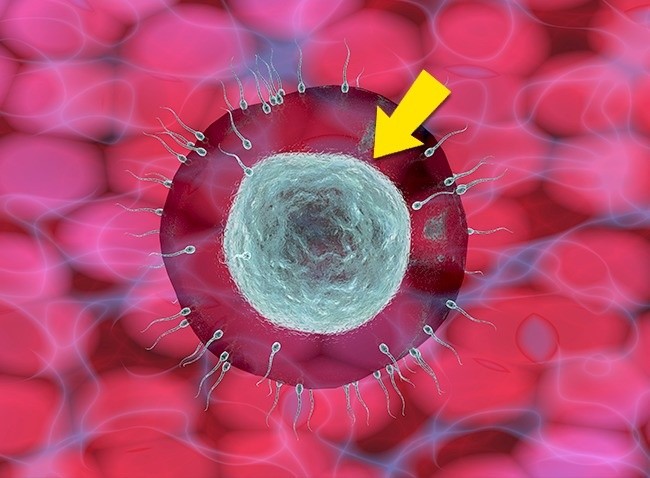
Eggs contain folic acid (Vitamin B9) associated with reducing sperm abnormalities in men. It also boosts sperm count in men and prevents women from getting babies with neural tube effect. Parents looking to get a child should include folic acid in their diets.
Eggs contain Vitamin B9 (Folate), an essential nutrient needed for DNA replication. It helps in the growth of the fetus during pregnancy. A deficiency of the same leads to congenital abnormalities in children and anemia and peripheral neuropathy in pregnant mothers. Folic acid also protects against congenital heart defects and preterm birth.
9. Eggs help slow down the aging process
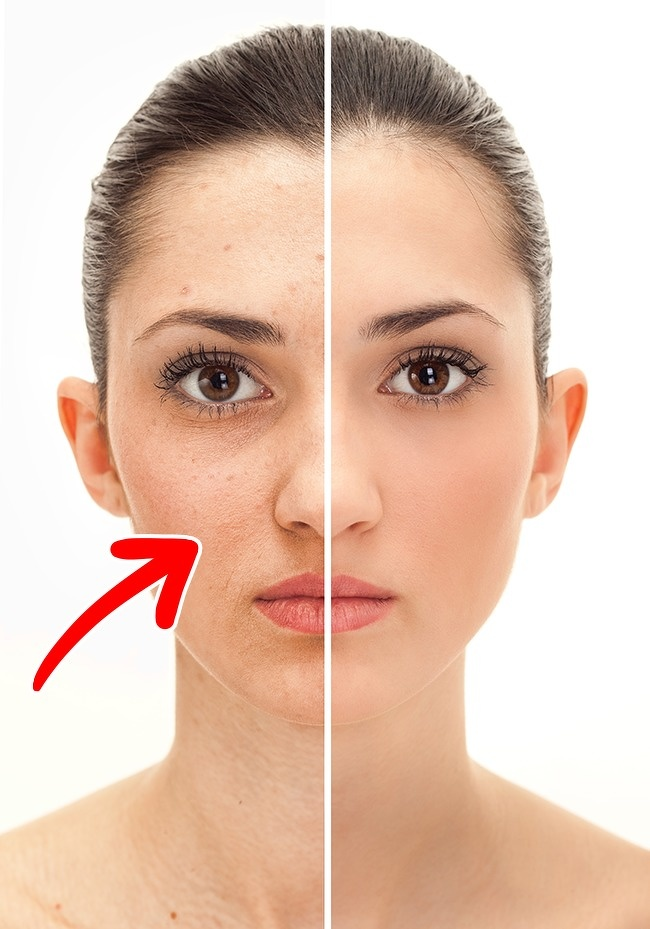
Eggs contain Vitamin A essential for eye health and growth. Studies have shown that applying Vitamin A improves the skin protecting it from wrinkles brought on by natural aging. If you take Vitamin A from eggs you not only achieve this but also help your body produce skin-building compounds. Eggs are a source for Lutein and zeaxanthin, carotenoids required for sharp eyesight and that slow down age-related macular degeneration (AMD).
